Mr. Do Ngoc Hung - Head of the Vietnam Trade Office in the United States. Photo: L.Giang
Regarding this content, Hanoi Moi Newspaper reporter had an interview with Head of Vietnam Trade Office in the United States Do Ngoc Hung.
-Can you share more about the reciprocal tax decree that the US government has just issued, which imposes a 46% tax on Vietnamese goods?
- Pursuant to the International Emergency Economic Powers Act (IEEPA), US President Donald Trump signed an executive order imposing a 10% tax on all trading partners, effective from April 5.
In addition, the US also applied individual reciprocal tariffs on 50 countries with large trade deficits with the US (including Vietnam) from April 9.
Notably, the countries that the US considers to be causing trade imbalances and imposing high tax rates include China 34%, EU 20%, South Korea 25%, Japan 24%, India 26%, Vietnam 46%... The tax rates applied to some other ASEAN countries such as Thailand 36%, Indonesia 32%, Malaysia 24%, Philippines 17%, Singapore 10%.
Accordingly, based on the simplified calculation method of the US Trade Representative (USTR) officially announced on the electronic portal, the reciprocal tax is equal to the bilateral trade deficit divided by the total import value from that country.
The essence of this formula is to aim at balancing trade, bringing manufacturing back home and building a “safer, stronger and more prosperous” United States. According to the US government, the above formula is fair, non-discriminatory and transparent because anyone can calculate and update it in real time.
The April 2 statement by US Secretary of Commerce Howard Lutnick said that the imposition of reciprocal tariffs would prompt countries to review their trade policies and expand or grant greater market access to US products.
Mr. Howard Lutnick said that this is a fair trade rearrangement and affirmed that the United States is addressing non-tariff trade barriers, opening up the prospect of negotiations with countries at the appropriate time.
Many Vietnamese export items will not be subject to reciprocal tariffs from the United States. Photo: L.Giang
- So which Vietnamese products are not subject to reciprocal tax?
- Under the Executive Order, certain goods will not be subject to reciprocal duties, including: Items subject to duties under section 50 USC 1702(b); steel, aluminum, and auto and auto parts items already subject to duties under Section 232 (previously 25% duty); copper, pharmaceuticals, semiconductors, and lumber; all items that may be subject to duties under Section 232 in the future; gold bullion; energy, and certain minerals not available in the United States.
In addition, Annex II also lists non-reciprocal trade groups, such as plastics and plastic products, chemicals, wood and wood products, copper and copper products, tin, electrical machinery and equipment.
Businesses and industry associations need to study the appendix and related content in detail to understand the specifics.
Notably, for goods that Vietnam can prove that the origin of raw materials or other elements from the US is over 20%, the corresponding tax rate of 46% will only be imposed on the non-US value of the goods, which means encouraging the purchase of input materials originating from the US.
- Does the Vietnam Trade Office in the United States have any suggestions or solutions to help Vietnamese businesses overcome this difficult period?
-Currently, US partners such as the US Chamber of Commerce (USCC), the American Apparel and Footwear Association (AAFA), and the Footwear Distributors and Retailers Association of America (FDRA) said that member businesses are committed to continuing to maintain operations in Vietnam but will closely monitor policy developments.
Therefore, the Vietnam Trade Office in the United States recommends that ministries and sectors continue to effectively implement cooperation mechanisms and bilateral agreements with the United States. Continue to specify the increase in imports of some of the United States' strong products in accordance with Vietnam's needs, thereby conveying a positive message, demonstrating that Vietnam is ready to adjust the trade balance towards balance, harmony and mutual benefit.
In addition, large corporations and enterprises, through a system of partners, strengthen advocacy and gather voices in support of Vietnam.
On the part of Vietnamese enterprises, FDI enterprises, and industry associations, it is necessary to closely coordinate with management agencies to enhance information capture, develop business strategies, and respond promptly; strictly comply with US regulations related to the UFLPA Act on labor, strictly control the origin, be ready to respond to trade defense measures; effectively utilize signed FTAs to diversify export markets.
In particular, industry associations and businesses should consider negotiating with importers to share the burden of reciprocal taxes and support businesses to maintain the market through this difficult period.
Thank you very much!
Source: https://hanoimoi.vn/nhieu-mat-hang-cua-viet-nam-khong-chiu-thue-doi-ung-cua-hoa-ky-697869.html



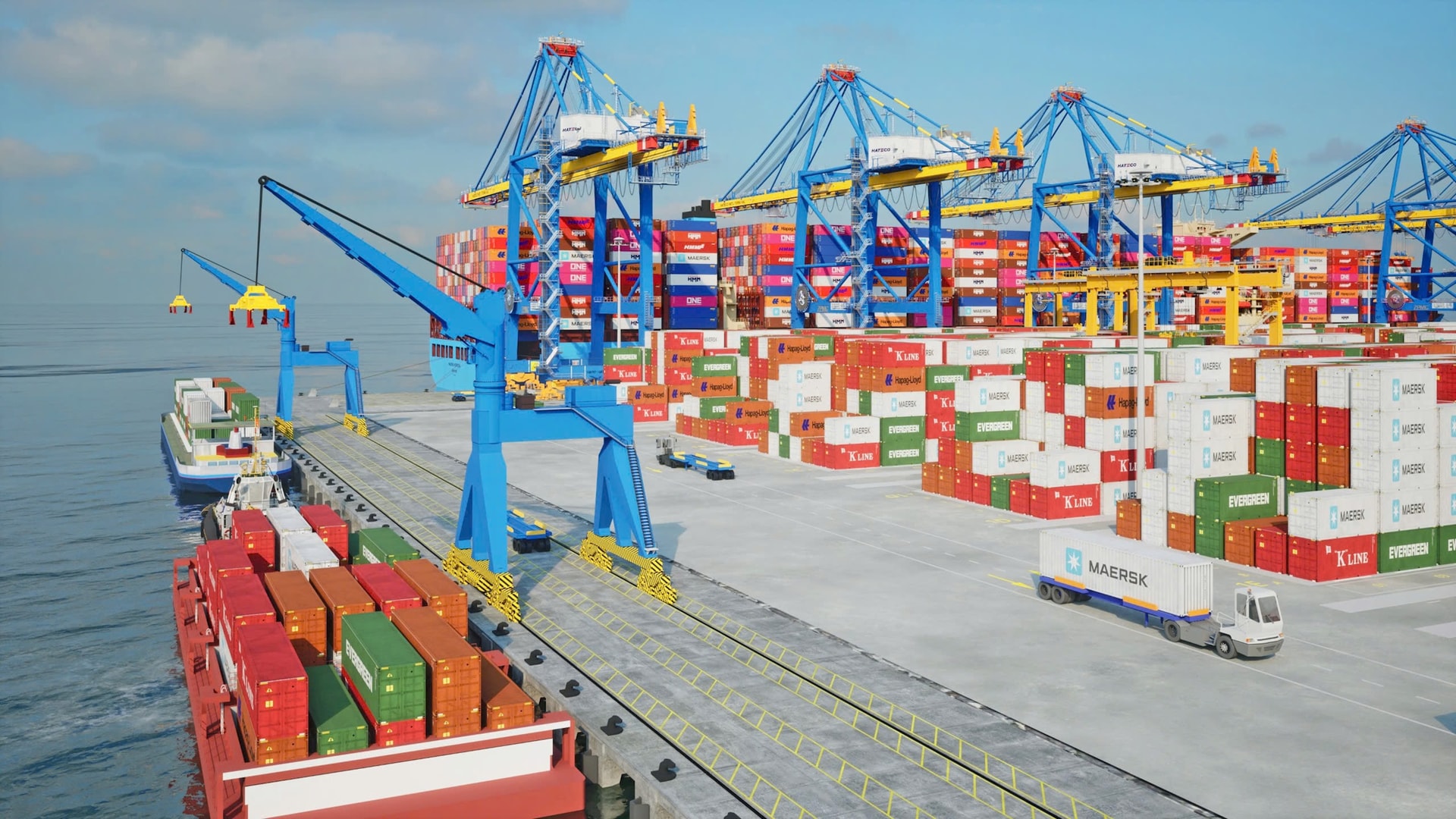

![[Photo] Vietnam and Sri Lanka sign cooperation agreements in many important fields](https://vphoto.vietnam.vn/thumb/1200x675/vietnam/resource/IMAGE/2025/5/5/9d5c9d2cb45e413c91a4b4067947b8c8)




























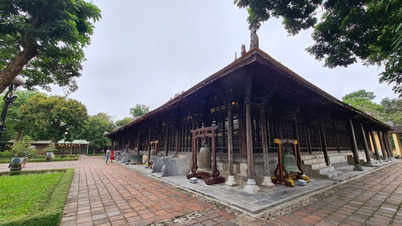

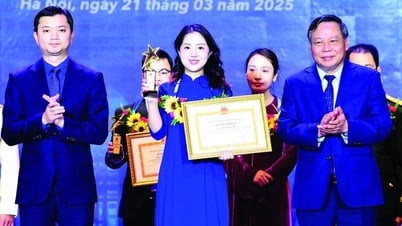




















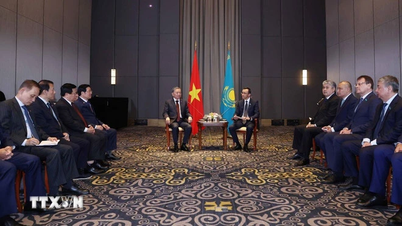

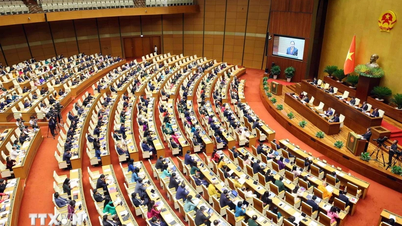



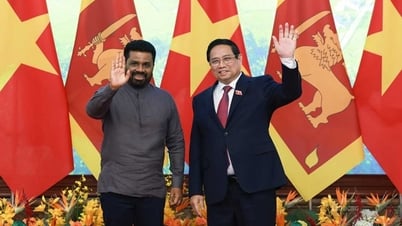










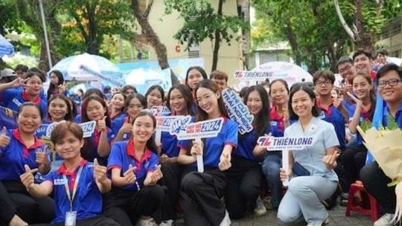






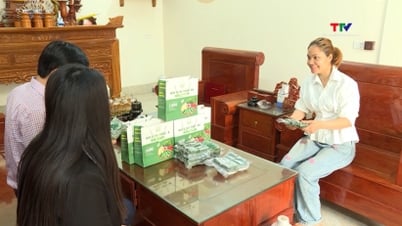


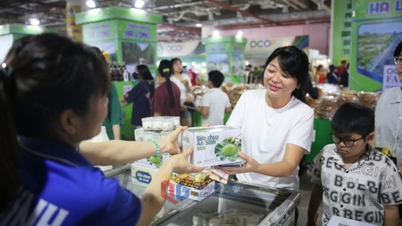





Comment (0)